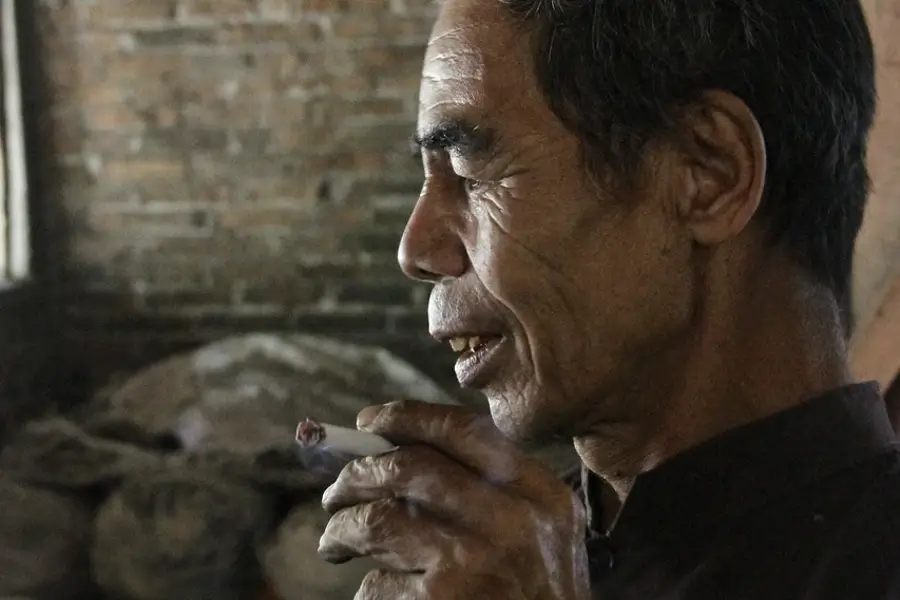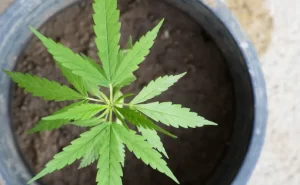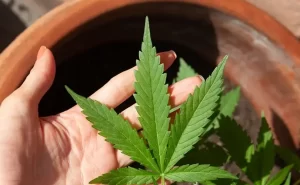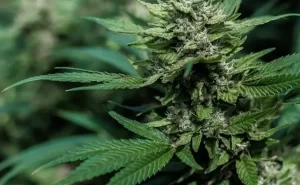Patients Over the Age of 65 Seeking Treatment for Cannabis Intoxication in Emergency Rooms
There has been an increase in emergency room visits by older persons (aged 65 and up) for cannabis toxicity, particularly since legalization. Here’s a breakdown of the factors driving this trend:
Cannabis usage among seniors is increasing as a result of legalization and greater social acceptance. Some may be curious to try it for the first time, while others may utilize it medicinally.
Lack of Awareness: Seniors may be unfamiliar with the effects of cannabis, particularly edibles. Edibles take longer to take effect than smoking, which can lead to unintentional overconsumption as users wait for the high.
Dosage Sensitivity: As we become older, our systems digest chemicals differently. Seniors may be more susceptible to the effects of cannabis, resulting in higher euphoric effects at lower doses than younger users.
Mixing with drugs: Some elders may be using drugs that interact with cannabis, potentially causing unpredictable or harmful consequences.
Studies that highlight the trend:
A recent study published in the Journal of the American Medical Association Internal Medicine identified a concerning trend in Ontario, Canada. Following cannabis legalization, the number of emergency room visits for cannabis toxicity increased dramatically among persons aged 65 and older.
While cannabis is frequently hailed for its medical virtues, it can also have negative consequences, especially in older persons who may be more vulnerable to its side effects.
This study emphasizes the possible dangers connected with cannabis usage among older people, which may have been neglected in prior studies.
The legalization of cannabis has boosted its availability and use throughout Canada. Still, it is critical to understand the potential side effects and risks associated with this medication.
While cannabis is frequently hailed for its medical virtues, it can also have negative consequences, especially in older persons who may be more vulnerable to its side effects. These include dizziness, disorientation, paranoia, and hallucinations.
This study highlights the need for additional research into the consequences of cannabis usage in older populations, as well as better education and awareness of the potential risks.
It also emphasizes the significance of safe cannabis usage and the need for medical personnel to be aware of the risk of cannabis poisoning when treating elderly patients.
As cannabis legalization spreads around the world, it is critical to remember that this drug is not without hazards, and more research is required to understand its impact on various populations fully.
The study’s findings should prompt governments, medical experts, and the general public to take a more comprehensive approach to cannabis use and its possible hazards.
The rate more than doubled in the first year of legalization and continued to grow after edibles were legal.
The rate more than doubled in the first year of legalization and continued to grow after edibles were legal.
Recommendations:
Education: Seniors must be educated on the effects of cannabis, particularly edibles, as well as safe consumption techniques. This can help individuals make more informed judgments about cannabis use.
Dose Guidance: Clear and consistent dose information for cannabis products is critical. Seniors may need to begin with far lower doses than younger users.
Medical Professional Consultation: Seniors who are considering consuming cannabis should consult with their doctor first. The doctor can explain potential drug interactions and advise on acceptable use based on their medical conditions.
Overall:
The surge in cannabis poisoning among the elderly emphasizes the importance of education, clear product labeling, and open communication between seniors and healthcare professionals. Following these tips will help to encourage safer cannabis use for people of all ages.













